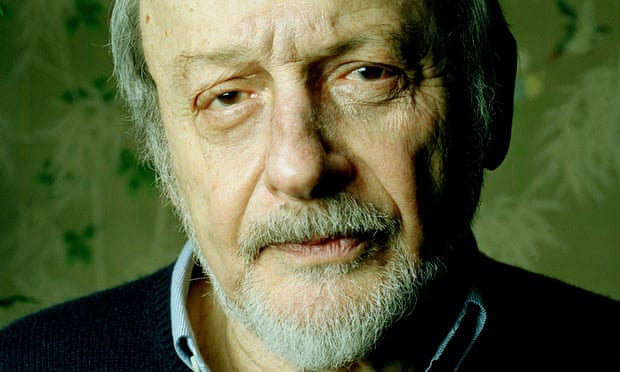by JOSEPH G. RAMSEY
 Author EL Doctorow in 2005 PHOTO/Eamonn McCabe/The Guardian
Author EL Doctorow in 2005 PHOTO/Eamonn McCabe/The Guardian
E.L. Doctorow, one of our important left novelists—and for a long time one of my favorite American authors— died this past week. He was 84.
Over the course of his career, Doctorow accomplished a rare feat, not only weaving pronounced radical and historical themes into innovative contemporary fiction, but managing to win both popular success and mainstream critical accolades in the process.
Doctorow published twelve novels, including Book of Daniel (1971), the widely acclaimed Ragtime (1975), World’s Fair (1985), and the best-selling Billy Bathgate (1989), in addition to several books of short stories and essays. More recently Doctorow produced City of God (2000), Homer and Langley (2009), and The March (2005), about Sherman’s infamous march to the sea during the US Civil War, a book which won Doctorow his third National Book Critics Circle Award.[i] In what may have been a first for a living writer of the left, Doctorow’s Ragtime was transformed not only into a film but also a major Broadway musical, garnering four Tony Awards (thirteen nominations) in 1998, though it ‘lost’ Best Musical to Disney’s The Lion King.[ii]
Such mainstream success can blunt a writer’s radical edge, even as it buoys book sales and gets one’s picture in the paper. More than most, Doctorow was aware that what gets plastered on the front page, or passed down as Truth in textbooks, is determined not just by what actually happened, but by who the tellers are and what their interests are. His work was attentive to the history of American political repression, to the way it is the ‘winners’ who get to tell the tale, as well as to the fact that, whether we are dealing with the victors or with the victims, the histories we inherit are often a far cry from the messy reality of the matter.
While Doctorow consistently and publicly rejected the label “political novelist”—or even “historical novelist”—preferring just the term “novelist,” political and historical themes figure prominently in all his books.[iii] His collected work represents a prolonged attempt—itself spanning a half century—to explore the undersides of modern US history and its relationship to the present, from a generally radical perspective, one attentive to class, race, and the violence and corruption of both state and unchecked private power. His was a project committed to humanizing and demythologizing both the victors and the victims of American history.
His debut novel, Welcome to Hard Times (1960), was a dark send-up of the type of cliched Westerns which he spent several years reading in Hollywood, while his final short novel Andrew’s Brain (2014) brought Doctorow’s survey of the long 20th century up to the present, offering us the self-reflexive musings of a contemporary neuroscientist. The March (2005), a collective novel following a diverse mix of characters, extended his view back to the Civil War and into the US South, while Waterworks (1994) explored the poverty and corruption of 1870s New York City, unravelling the story of a secret medical research clinic that depends on abducted poor street urchins for its lab rats.
Counterpunch for more
